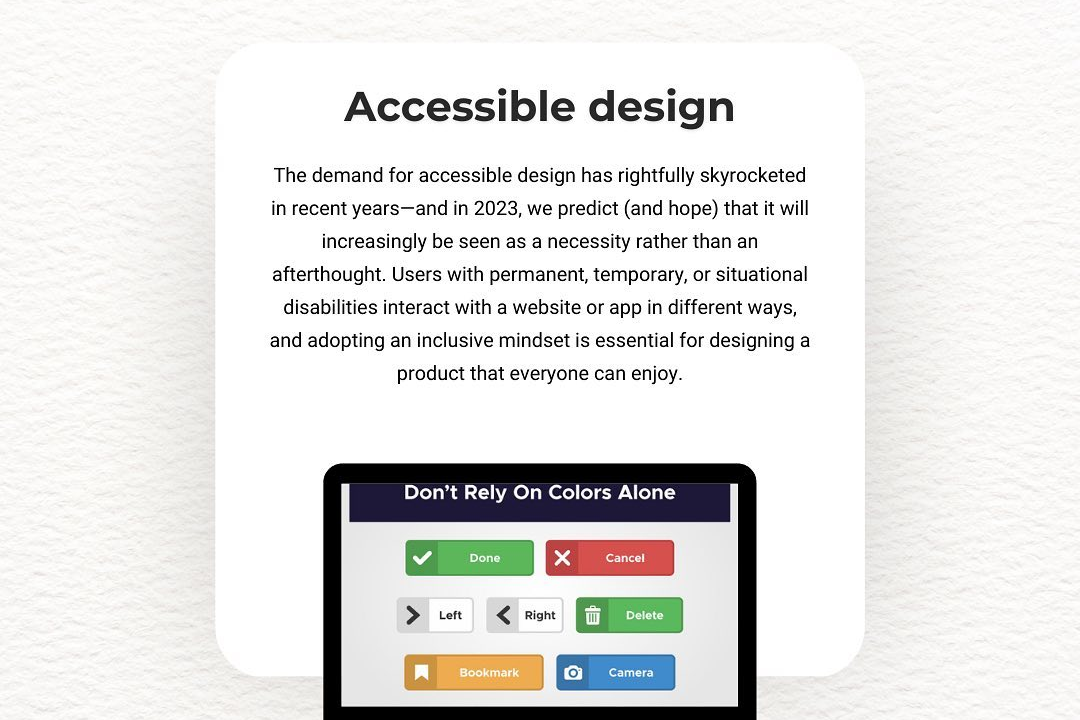Best Practices For IOS Project Management
Optimizing iOS Project Management: Best Practices for Success
Best Practices For IOS Project Management
Best practices for iOS project management involve a combination of effective planning, agile methodologies, and continuous communication. Utilizing an agile approach, such as Scrum or Kanban, allows teams to iterate quickly and respond to changing requirements while ensuring consistent delivery of value. Implementing version control systems like Git helps manage code changes collaboratively, while tools such as JIRA or Trello facilitate task tracking and project visibility. Regular stand-ups, sprint reviews, and retrospectives foster open communication and continuous improvement among team members. Additionally, prioritizing UI/UX design from the outset, adhering to Apple's Human Interface Guidelines, and incorporating automated testing and continuous integration/continuous deployment (CI/CD) practices ensure high quality and maintainability of the codebase. Overall, a strong focus on communication, flexibility, and quality is essential for successful iOS project management.
To Download Our Brochure: https://www.justacademy.co/download-brochure-for-free
Message us for more information: +91 9987184296
1 - Define Clear Objectives: Start each project by establishing clear, measurable goals. This ensures all team members understand the project's purpose and direction.
2) Use Agile Methodology: Implement Agile principles such as Scrum or Kanban. These methodologies promote flexibility and responsiveness to change throughout the development cycle.
3) Establish a Strong Team Structure: Organize your team roles clearly (developers, designers, QA, product owners). This promotes accountability and effective communication among team members.
4) Implement Version Control: Utilize systems like Git for code management. This enables collaboration and tracking of changes, allowing multiple developers to work on the project simultaneously.
5) Maintain Documentation: Ensure that all aspects of the project are well documented (requirements, design, code comments). Good documentation aids in onboarding new team members and maintaining project continuity.
6) Conduct Regular Stand ups: Hold daily or weekly stand up meetings to discuss progress, roadblocks, and next steps. This practice keeps everyone aligned and encourages accountability.
7) Utilize Project Management Tools: Use tools like Jira, Trello, or Asana to track tasks, manage workflows, and monitor project progress. These can help maintain transparency and organization.
8) Prioritize User Centered Design: Focus on creating applications that meet user needs by incorporating feedback early and often through user testing and research.
9) Automate Testing: Implement automated testing (unit tests, UI tests) to ensure code quality and functionality. This practice helps catch bugs early in the development process.
10) Conduct Code Reviews: Regularly review code among peers to maintain high quality standards and share knowledge within the team.
11) Plan for Scalability: Design the architecture of your application with scalability in mind. This means anticipating future growth and potential new features.
12) Monitor Performance and Analytics: Implement analytics to track user behavior, app performance, and other relevant metrics. This data can drive future development decisions.
13) Encourage Continuous Learning: Foster a culture of learning by encouraging team members to stay updated with the latest iOS development trends, best practices, and tools.
14) Set Milestones and Deadlines: Break the project into manageable phases with specific milestones. This approach provides clear targets and helps monitor progress.
15) Facilitate Open Communication: Encourage open lines of communication among team members and stakeholders to foster collaboration and quickly resolve issues.
16) Prepare for Regular Feedback: Schedule regular feedback sessions with stakeholders to ensure the project remains aligned with expectations and user needs.
17) Ensure Proper Resource Management: Allocate resources effectively, ensuring the right tools and personnel are available for the project needs without overloading team members.
18) Establish a Deployment Strategy: Plan the deployment process early, defining how the app will be submitted to the App Store and how updates will be managed.
19) Prioritize Security: Incorporate security best practices throughout the development process, ensuring user data is protected and the app complies with relevant regulations.
20) Celebrate Team Successes: Recognize and celebrate accomplishments, both big and small, to maintain team morale and motivation.
By teaching these best practices, students will gain valuable insights into effective iOS project management strategies that can enhance their learning and future professional careers.
Browse our course links : https://www.justacademy.co/all-courses
To Join our FREE DEMO Session: Click Here
Contact Us for more info:
java course in madurai
best java training institute in india
Java Microservices Architecture
iOS Training in Lonavla
Difference between REACTJS and ANGULARJS











